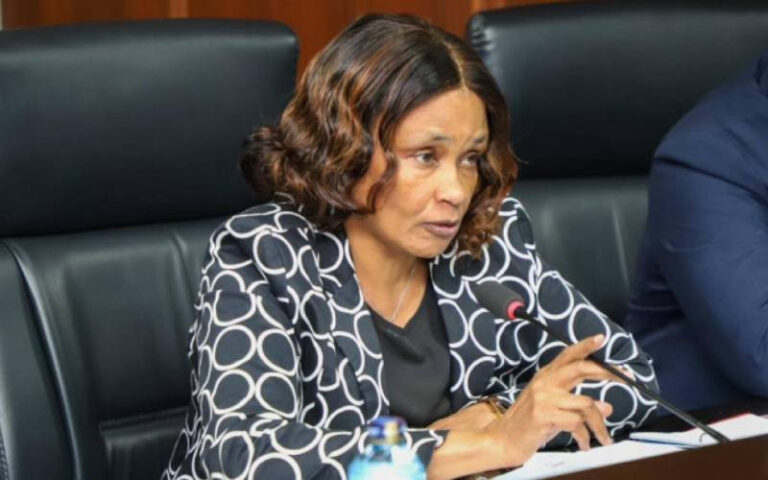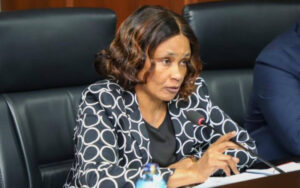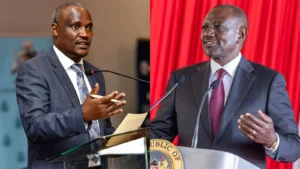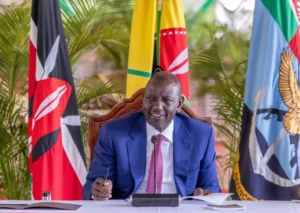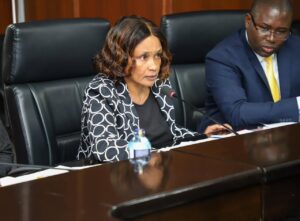A new storm is brewing around the Teachers Service Commission (TSC) as conflicting statements from State House and senior government ministries raise questions about the commission’s independence. Kenya’s constitution grants TSC autonomy in teacher recruitment, deployment and disciplinary processes, yet recent political pronouncements appear to encroach on these mandates.
The immediate trigger is President William Ruto’s declaration that all Junior School interns will be confirmed to permanent and pensionable (PnP) terms only after completing two full years of internship. While the directive may align with government staffing strategies, critics argue it contradicts earlier assurances issued by the Treasury and risks sidelining TSC’s operational independence.
Treasury CS John Mbadi recently told Parliament that funds had already been allocated to convert all interns to PnP by January 2026—a commitment that suggested recruitment decisions were firmly within TSC’s scope. But Education CS Julius Ogamba then contradicted this by warning that the ministry might extend internship contracts due to funding shortfalls.
These mixed messages cast doubt on who is truly steering teacher hiring policy: the Treasury, the Ministry of Education, State House or TSC.
Analysts argue that such contradictions undermine TSC’s credibility. If the commission is expected to implement political directives without adequate funding or autonomy, its effectiveness and legitimacy are compromised.
The confusion also affects teacher morale. Intern teachers face shifting timelines and inconsistent communication from agencies supposed to safeguard their welfare. Many feel that TSC’s decisions are increasingly influenced by political interests rather than professional standards or sectoral needs.
TSC chairperson Dr Jamleck Muturi recently announced plans to recruit 24,000 new interns and advertise replacements for teachers exiting through natural attrition. While this shows institutional initiative, critics argue that TSC is increasingly forced into reactive planning due to political pronouncements.
Stakeholders warn that erosion of TSC’s independence could have lasting consequences, particularly for the Competency-Based Education (CBE) system, where stability, clear planning and predictable deployment are essential.
For now, TSC remains caught between government ambitions, political pressures and the reality of limited funding. The coming months may determine whether the commission can reclaim its independence—or become a casualty of increasingly politicised education policy.
